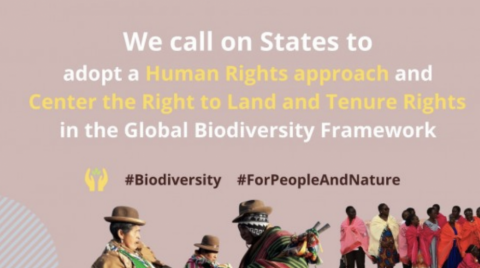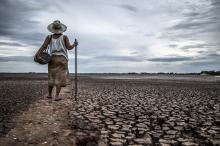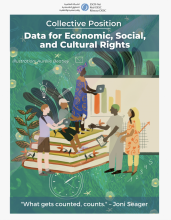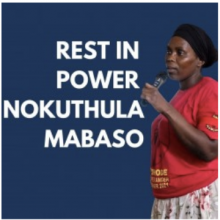|
As the planet’s biodiversity is in an unprecedented decline, world governments participated in March in the negotiations of a post-2020 global biodiversity framework. There will be further intersessional discussions in June in Nairobi, Kenya, as governments try to reach a final agreement at UN Biodiversity Conference in Kunming, China, in September.
Ahead of the preparatory March talks, ESCR-Net members adopted a collective letter calling on all Parties to the Convention on Biological Diversity (CBD) to recognize, respect, protect and promote the overarching right to self-determination, including free, prior and informed consent, the right to land and tenure rights in the post-2020 global biodiversity framework.
What's at stake
Indigenous Peoples, Tribal Peoples, peasants, and other land-dependent local communities play an outsized role in conserving biodiversity and combating climate change. Global data indicate that Indigenous and community rightsholders’ lands have lower rates of deforestation, store more carbon, and hold more biodiversity than lands managed by either government or private entities.
Therefore, failing to protect the rights of Indigenous and other communities, as central to any conservation targets, threatens both human rights and biodiversity.
Next steps
- Significant progress was made in the draft text by including the rights of Indigenous Peoples and local communities, and it was encouraging to see strong support from many States in this context.
- However, much human rights-related text is still in brackets in key targets, particularly on references to territories and land of Indigenous Peoples and local communities as well as free, prior and informed consent (FPIC)
|











